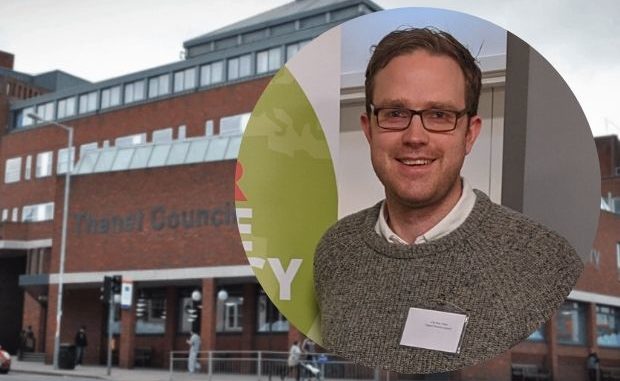
A Thanet council Covid recovery plan will include boosting the local economy by using authority funds and influence to ‘buy local’.
The community wealth building plan, which had previously been discussed as part of the council’s budget plans, would aim to use local businesses for TDC’s contracts to generate more local spending.
The proposal, which was tagged Enterprising Thanet, is a “buy local” strategy based on the Preston Model where the council and larger anchor businesses redirect their annual spend to local businesses and enterprises.
Preston City Council adopted the model in 2013. Work has included establishing a publicly-owned investment bank to support local small businesses and social enterprises.
Preston council says anchor institutions – such as NHS trusts, universities, trade unions, large local businesses and housing associations – can recruit from lower incomes areas, with a commitment to paying the living wage, and develop local supply chains.
The idea is to use a social value procurement process. Winning bids would have to still represent the best value for money but contracts could be carved into pieces to give smaller businesses an even playing field.
Council Cabinet members are due to discuss the idea in a virtual Cabinet meeting on Thursday (June 18),
In a report to members it says the scheme will “encourage local business growth by using TDC’s purchasing power and influence to keep wealth in our local economy,” adding the aim to “pick a few particular areas of our contracting activity that might be most fruitful in generating more local spending and review our procurement rules and strategy.”
The new strategy has been deemed important enough to be added as a portfolio position.
Cabinet member for Finance, Administration and Community Wealth Building, Cllr Rob Yates said: “Thanet community wealth building is about buying local, hiring local and investing locally. The aim is to ensure we support, invest and promote the organisations we have in our community.
“We committed to this approach as part of our 2019-23 Corporate Statement and this also forms an important part of our plans around recovery.
“As part of this we want to work collaboratively with other public, private and third sector organisations to understand their views on the Thanet economy and how we can work together to push forward our coastal economy.
“We are in early development of the Community Wealth Building project and hope to have a plan ready in the coming months.
“This is an exciting project and we are looking forward to working with businesses and community organisations across Thanet to support the district’s economic growth and sense of community.”

